The news fell like the guillotine blade last week. Statistics of cancer invasion in the country is climbing to 4.500 cases yearly.
The media went ahead to blow the siren that 2,500 deaths result from cancer cases each year in Cameroon. Clearly, the undoubted source was quoted as the Oncological Service of the General Hospital in the nation’s capital, Yaounde certainly based on facts collected from all corners of the country with over 25 million population. These are only reported cases, telling of the gravity of the malady and its indescribable harms on families.
Gleaning through expert sources, cancer is generally described as a “disease in which abnormal cells divide uncontrollably and destroy body tissue”. In other words, the malignant cell of the body grows nonstop and spreads destructively to other parts of the body. And medics say cancer is only “curable when diagnosed early”. Whatever “early” means in time and space!
However, this October is a month dedicated to cancer information. As such, emphasis should be on sensitisation. Women and health educators must not wait for October as it may be too late to catch up with the fight when cancer would have already invaded the body. Let the campaign against the timeless killer-disease be constant and invasive as the cancer itself.
People, too, need to predispose themselves to medical advice and learn attitudes that can mitigate their exposure to the disease. Many research sources point to cigarette smoking (passive or active), keeping obesity, excessive alcohol ingestion, infectious disease and the like as inducing ways of contracting cancer. But scientist research equally holds that apart from induced causes, cancer is also naturally a genetic change in the body.
Extensively, breast cancer is a significant global health concern that continues to affect millions of lives on the planet earth.
It is the kind of cancer that morphologically attacks the woman’s breasts building nodules in it. Because the breast feeds early life, and belongs to her that gives life, it is imperative to raise awareness about its prevention, early detection, and treatment. Combat and curing progress have been reported in recent years against breast cancer. But healing the plague can only be achieved through sustained awareness campaigns as well as continuous intensive and progressive research in the field to manage it.
What appears imperative now is for every woman to take it as a priority to self-examine their breasts and be regular with medical checks or screenings against this type of deadly cancers. Sustained sensitisation campaigns will play a vital role to inform the mothers of life about those a priori actions against the plague. Educating the public about the importance of early detection enables them to recognise the signs and symptoms of breast cancer such as lumps, changes in breast size or shape, and abnormal nipple discharge.
Medics alert that early detection increases the chances of successful treatment and survival rates. Through awareness initiatives, women can be motivated to schedule regular mammograms and clinical breast examinations, leading to early diagnosis and timely intervention. Observably, there are many women kicking around with one breast, having lost the other to cancer surgical cure. They are happy and mindless about unnecessary aesthetics that could have led them to death, had they ignored surgery to cut away the breast to evade death. Theirs was luckily treated in good time saving nine and life.
Breast cancer is often surrounded by misconceptions and misinformation, which can hinder prevention and treatment efforts. For example, some cultures call it “rot disease” and associate it with witchcraft. The need for accurate information about the human plague is urgent. And this is where authorities should place their fingers and deliver sustained sensitisation campaigns. Evidently, medical milieus in Cameroon are tireless about educating on cancers. They provide opportunities to disseminate accurate information about breast cancer risk factors, prevention strategies, available treatments, and support services.
By addressing prevalent myths, misconceptions and suspicion, campaigns can help dispel fears and anxieties, inspiring individuals to seek appropriate medical support. Accurate information helps individuals to make informed decisions about their health and overcome barriers that could prevent early detection or delay treatment. It may also be helpful to introd...
Cet article complet est réservé aux abonnés
Déjà abonné ? Identifiez-vous >
Accédez en illimité à Cameroon Tribune Digital à partir de 26250 FCFA
Je M'abonne1 minute suffit pour vous abonner à Cameroon Tribune Digital !
- Votre numéro spécial cameroon-tribune en version numérique
- Des encarts
- Des appels d'offres exclusives
- D'avant-première (accès 24h avant la publication)
- Des éditions consultables sur tous supports (smartphone, tablettes, PC)






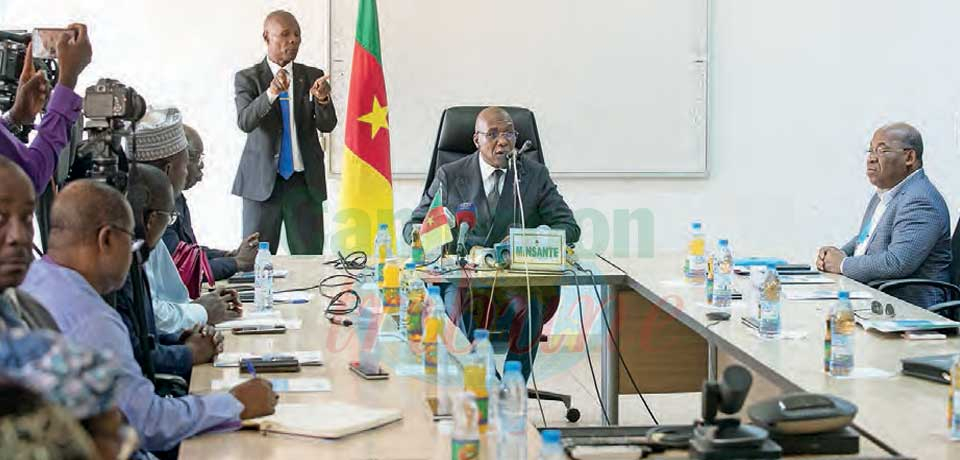
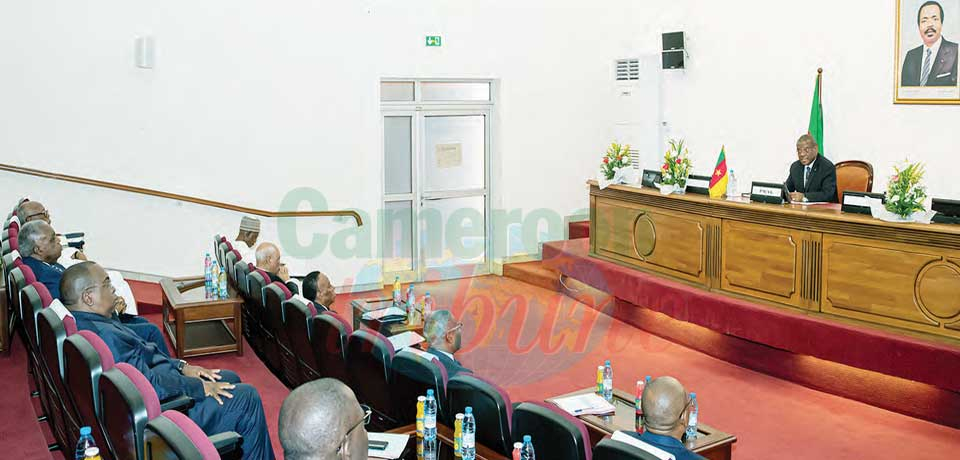
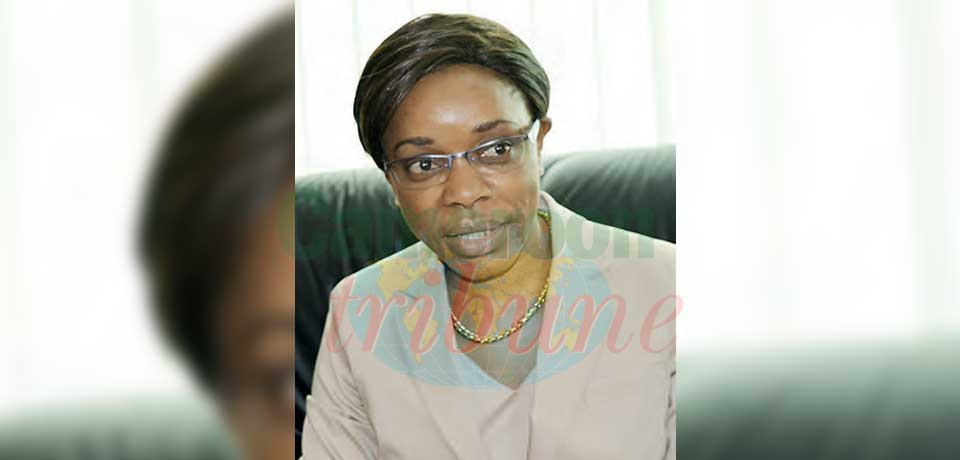
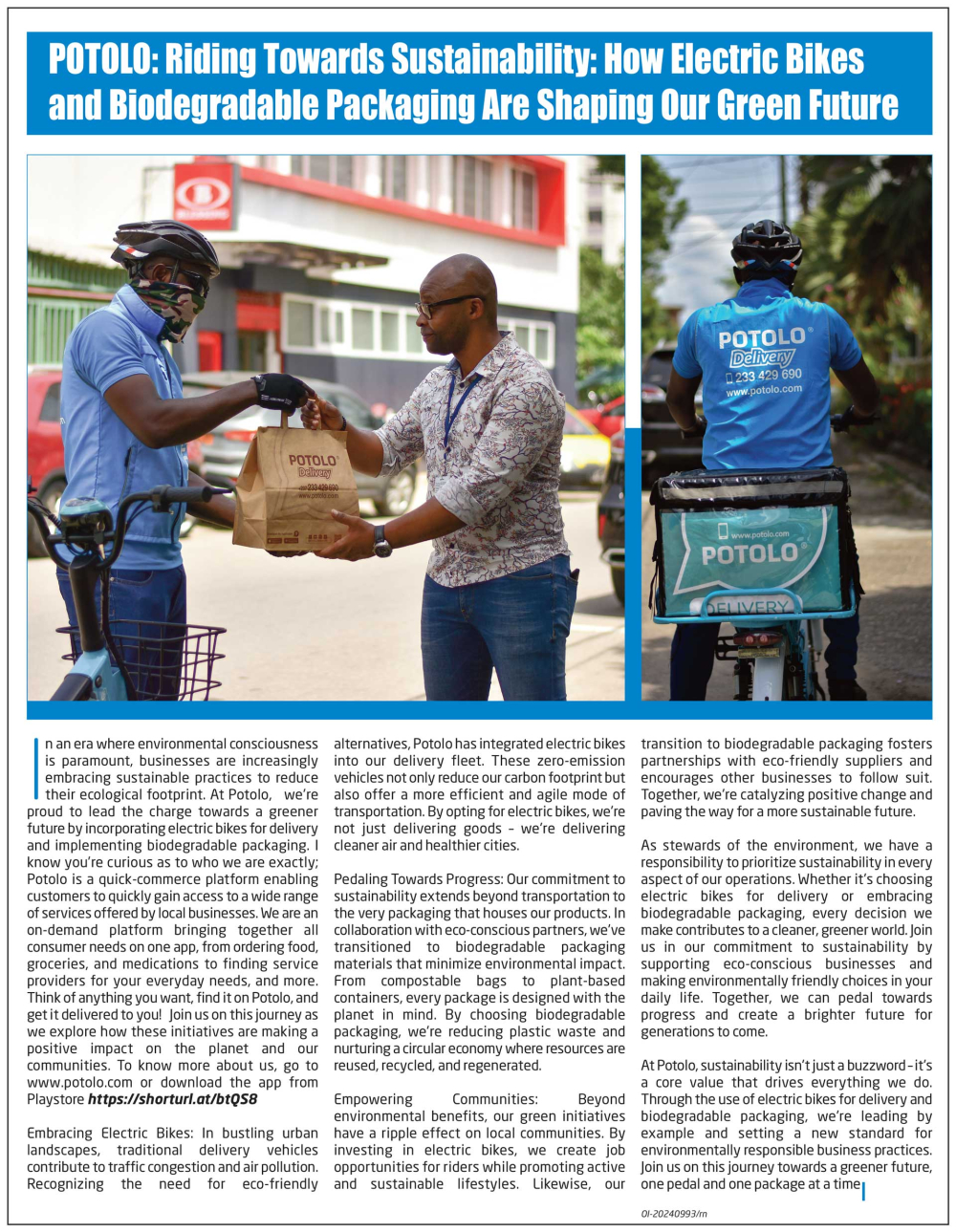
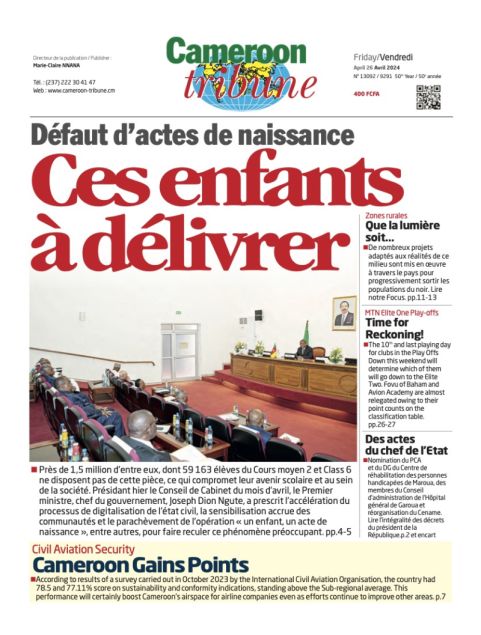




Commentaires